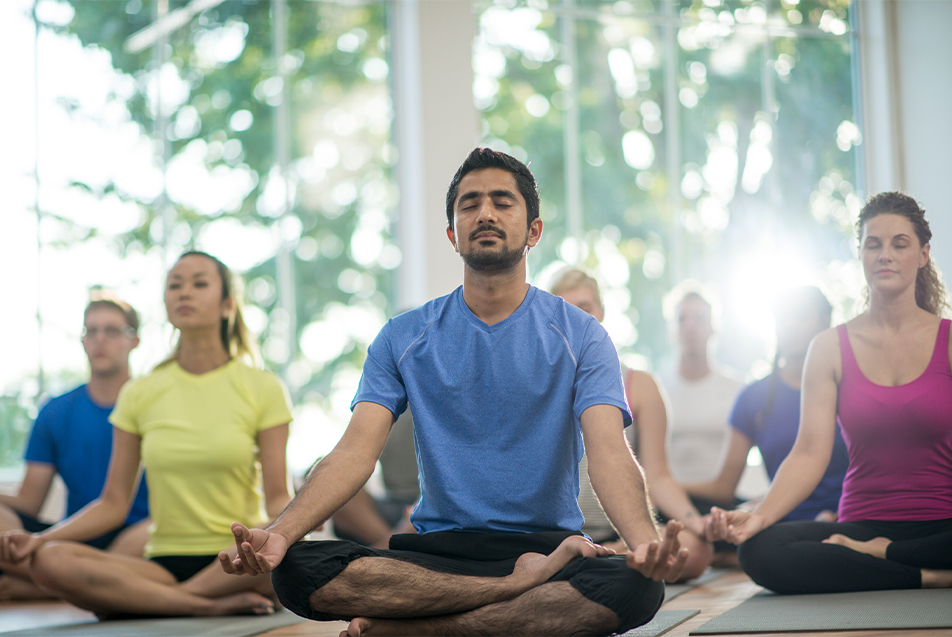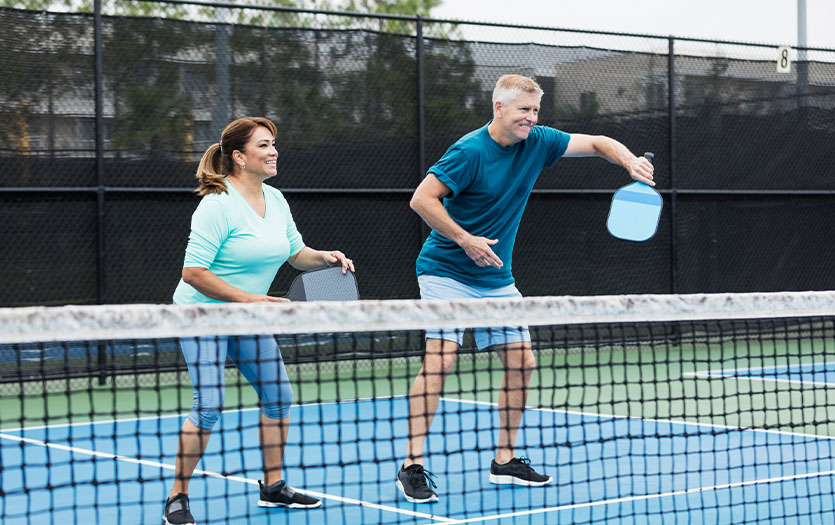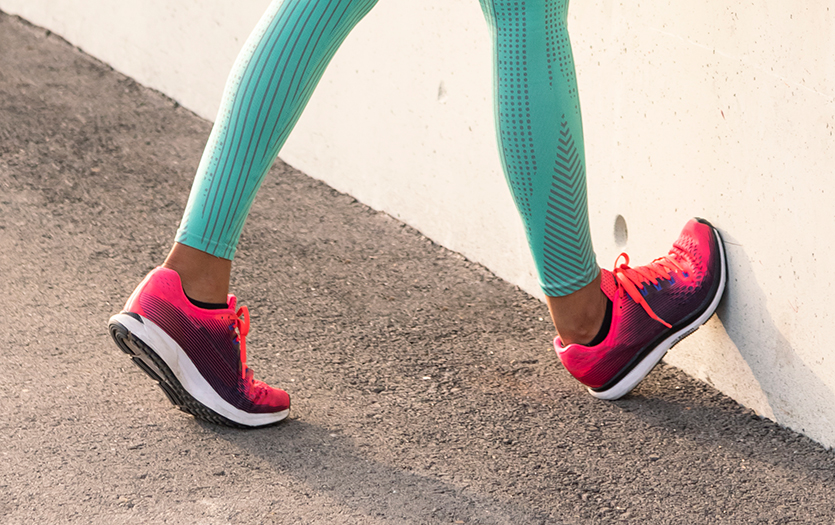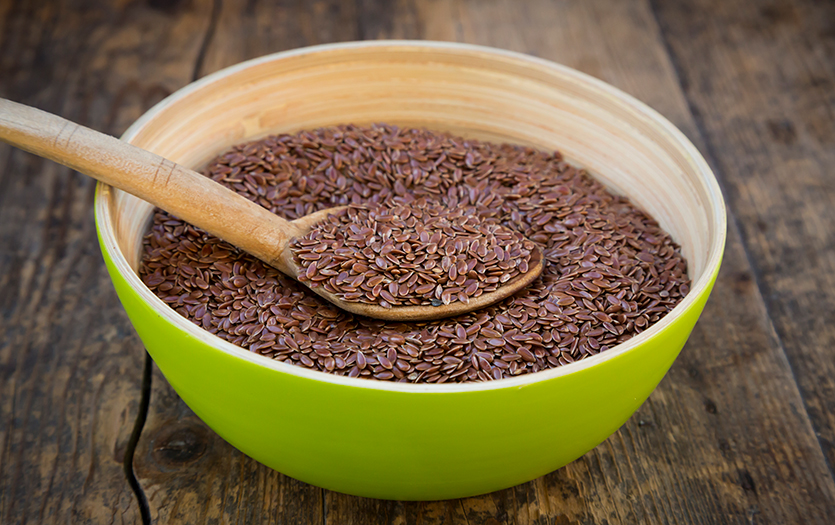
This post was written by Hannah Bercot, RDN, CD, community outreach dietitian, Parkview Community Greenhouse and Learning Kitchen.
To be calm is to be free from strong emotions – to be tranquil, at peace. Conversely, when we are not calm, we feel overwhelmed and bogged down by stress that often dulls our focus or interrupts our sleep. In the modern world, there are countless distractions and disruptions. I would encourage you to take a few minutes to ponder the stressors in your life. What is derailing your state of calm? Can you trace them to a source? Is it internal or external? Can you modify or eliminate the source of the stressor?
Stress, especially chronic stress, can cause serious damage to our bodies. A quick search online will lead you to an endless pool of tools and strategies for managing stress, including guided exercises, apps, blogs and self-help books. If you’re seeking this information out, congratulations! You are moving in the right direction. You are actively accepting accountability for some of that stress.
If you find yourself stuck in a negative mental space, but something about this post is speaking to you, know that change is possible. You can set goals to transform your mental health and encourage a healthy mood and state of being.
Yoga
When it comes to movement, yoga is a great option for easing stress. The exercise employs a series of stretches and poses with transitions guided through breath and mindfulness. Generally, exercise is demanding and technically causing stress to the body, though that’s not necessarily bad. A particular area in the brain, the hypothalamus, can sense that the body is under stress from exercise and requests a chemical response to make you feel better. This response comes from endorphins; chemicals naturally made in the human body that make us feel good.
The body responds differently to yoga. When this rush of endorphins combines with increased blood flow, muscle relaxation and meditation, the results are strong enough to counter the positive stress from the exercise itself as well as the chronic, negative stress that was already present.
Diet
People often underestimate the connection between nutrition and emotional health. Food – even thinking about food – provokes a chemical response every single time we eat. It should be no surprise that food will invite the release of the same feel-good endorphins. Many of us may be thinking of chocolate or other comfort foods. While chocolate certainly leads to the release of serotonin, an endorphin related to feelings of well-being and happiness, there are many other plant-based, whole foods that can trigger a similar response.
Diet can also help by releasing chemicals that tell our brain that we are happy. Relying on health-promoting foods to fuel us through the day with nutrients and phytochemicals is another way to reduce stress in your body. This means less toxins and free radicals floating around in our bloodstream. It means better access to the appropriate fuels for our brain so that we can stay focused. It means improved function and regularity in many organ systems in our bodies that might typically make us feel tired, bogged down, sad or bloated. Imagine the difference in our response to stress if we felt more comfortable day-to-day with less pain and illness, and with more focus and contentment. The key is in the food.
A Parkview resource
Parkview Health has gifted a space to the community to support healthy change. The Parkview Community Greenhouse and Learning Kitchen is an environment where people can come and acquire the knowledge necessary to take your well-being into your own hands.
A particularly exciting offering, Slow Flow Yoga and Foods to Calm and Recover, is a free supportive experience in the Learning Kitchen. The event includes 45 minutes of slow flow yoga, followed by hands-on culinary training and education about the calming capacity of good nutrition. If you have never done yoga, don’t stress! Slow flow yoga celebrates the breath and transition without demanding so much willful force behind each pose. Participants are encouraged to modify as necessary.
Visit our schedule of Classes and Events to find the next Slow Flow Yoga and Foods to Calm and Recover, or try another cooking class in the Learning Kitchen.



